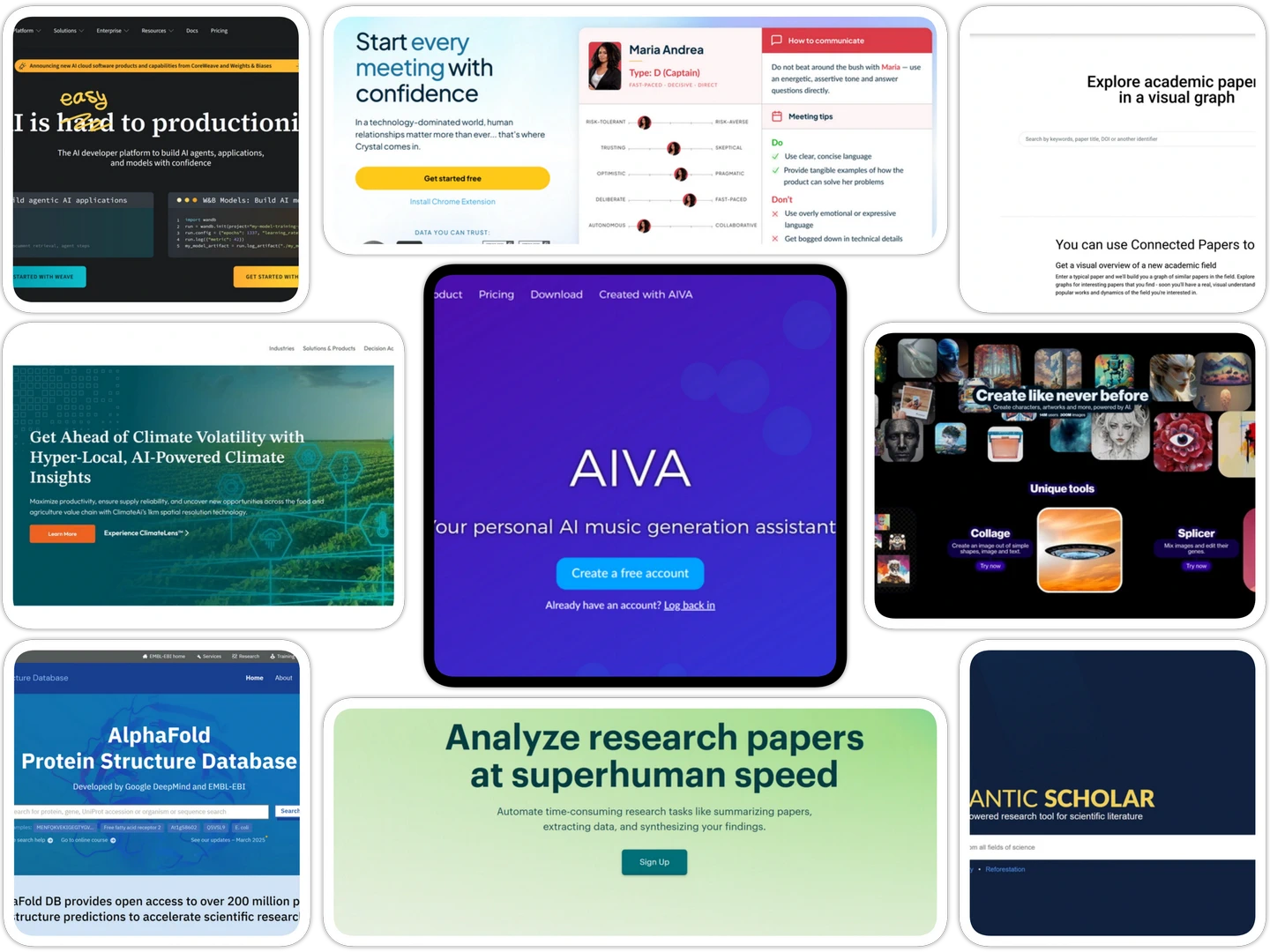While ChatGPT dominates headlines, specialised AI tools are quietly revolutionising specific industries with targeted capabilities that general-purpose AI cannot match. These AI tools harness artificial intelligence to solve complex problems in creative fields, research, productivity, and technical applications with unprecedented precision.
Discovering the right tools can transform your workflow, whether you’re composing music, conducting research, or solving complex technical challenges. This guide reveals 15 specialised AI tools that excel in their respective domains, offering capabilities you won’t find in mainstream AI platforms.
Table of Contents
Creative Specialised AI Tools
AIVA – AI Music Composition
Website: https://www.aiva.ai/
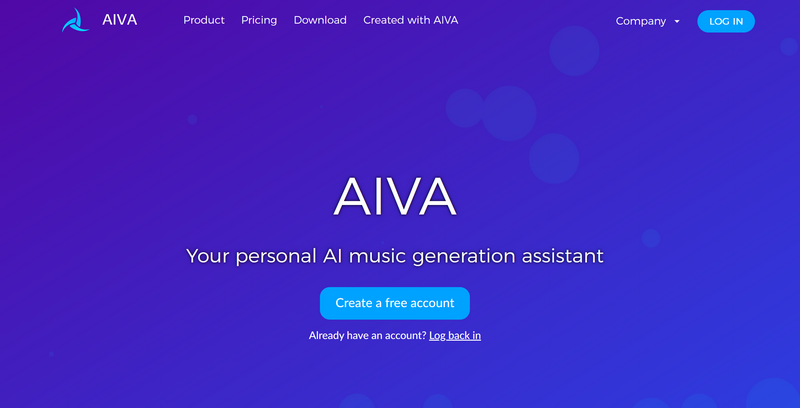
AIVA represents the pinnacle of specialised tools for music creation, composing original scores across multiple genres from classical symphonies to film soundtracks. Unlike general AI that generates basic melodies, this tool has been trained on thousands of classical compositions and creates emotionally nuanced pieces following complex musical theory.
Composers leverage AIVA to overcome creative blocks and generate sophisticated base compositions for refinement. Film composers, game developers, and musicians seeking authentic orchestral arrangements find this invaluable for professional-quality results.
RunwayML – Advanced Video AI
Website: https://runwayml.com/
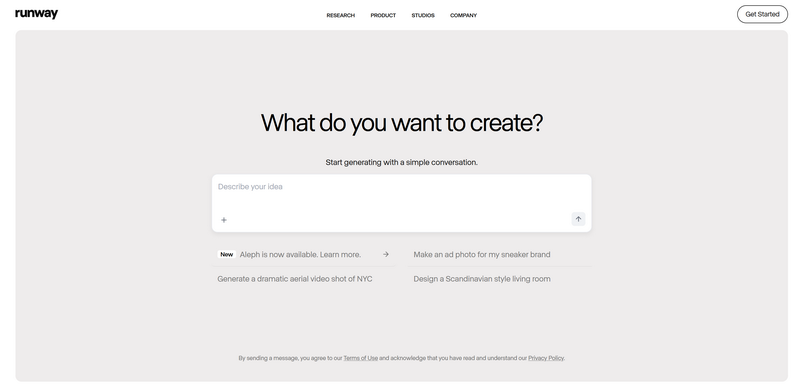
RunwayML stands among AI tools revolutionising video production with AI-powered editing capabilities including background removal, style transfer, and motion tracking without green screens. It excels in temporal consistency across video frames, ensuring natural-looking AI effects without flickering.
Independent filmmakers, content creators, and video artists working with limited budgets rely on RunwayML for professional-grade video production capabilities previously requiring expensive equipment and extensive technical expertise.
Artbreeder – Visual Evolution AI
Website: https://www.artbreeder.com/
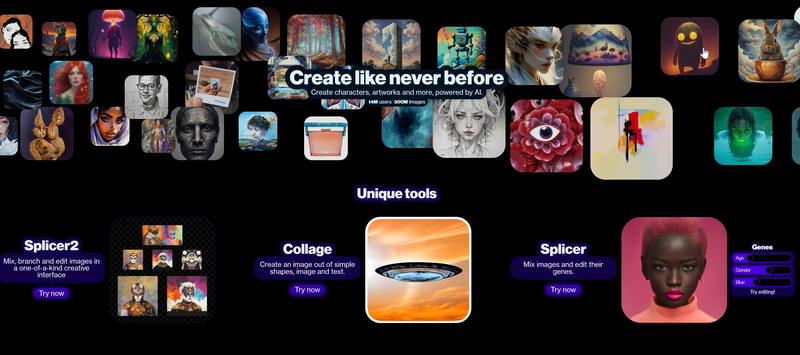
Among AI tools for visual creativity, Artbreeder enables users to “breed” images by combining visual elements using generative adversarial networks. Rather than text prompts, this facilitates iterative image evolution through characteristic mixing from multiple sources.
Concept artists, character designers, and creative professionals exploring visual ideas through evolutionary creativity find Artbreeder perfect for generating unique variations impossible to describe in words.
Research-Focused Specialised AI Tools
Semantic Scholar – Academic Intelligence
Website: https://www.semanticscholar.org/
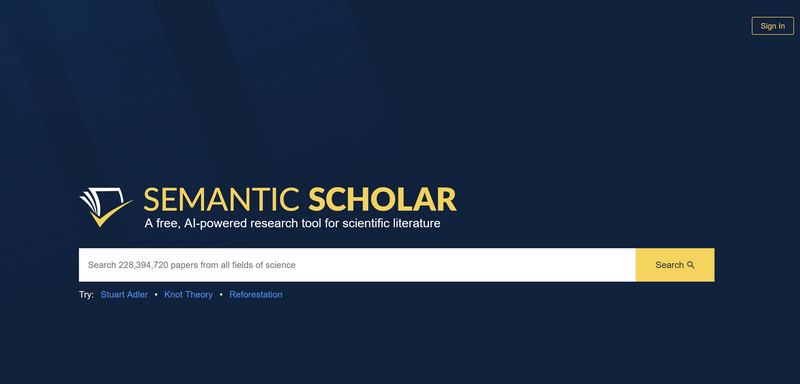
Semantic Scholar exemplifies transforming academic research through intelligent paper discovery and context understanding. Unlike traditional databases, this uses natural language processing to comprehend research concepts rather than matching keywords, revealing relevant papers through sophisticated connections.
Graduate students, researchers, and academics conducting literature reviews across disciplines benefit from Semantic Scholar’s AI tools that understand research relationships and provide intelligent recommendations based on conceptual relevance rather than simple keyword matching.
For comprehensive AI research methodologies and advanced prompt engineering techniques, explore this detailed ChatGPT syntax guide on Blackmore Ops.
Elicit – Research Automation
Website: https://elicit.org/
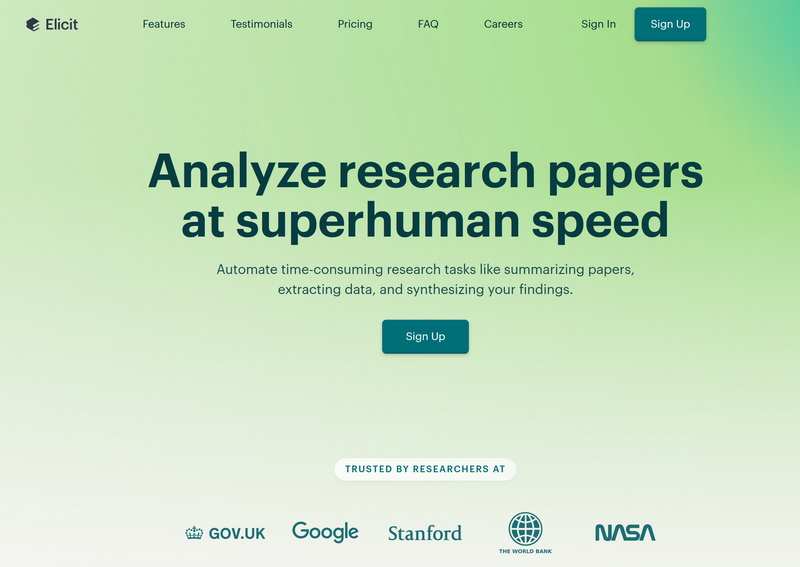
Elicit represents automating research workflows by finding relevant papers, extracting key information, and synthesising findings across multiple studies. This AI functions as a research assistant reading thousands of papers and extracting specific information into organised tables.
Meta-analysis researchers, policy analysts, and evidence-based research professionals utilise Elicit’s AI for systematic reviews and comprehensive data extraction that would require weeks of manual effort.
Connected Papers – Literature Mapping
Website: https://www.connectedpapers.com/
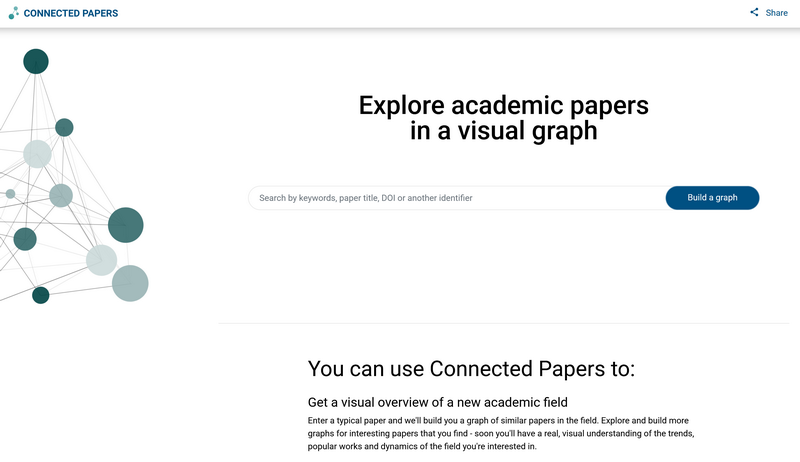
Connected Papers creates visual literature maps showing paper relationships through citations and shared concepts. This AI transforms overwhelming academic landscapes into intuitive networks, helping researchers understand idea evolution and identify influential works.
PhD students mapping research landscapes, scientists exploring interdisciplinary connections, and grant writers demonstrating research context rely on Connected Papers’ AI for comprehensive literature visualisation and relationship discovery.
Business-Oriented AI Tools
Crystal – Communication Intelligence
Website: https://www.crystalknows.com/
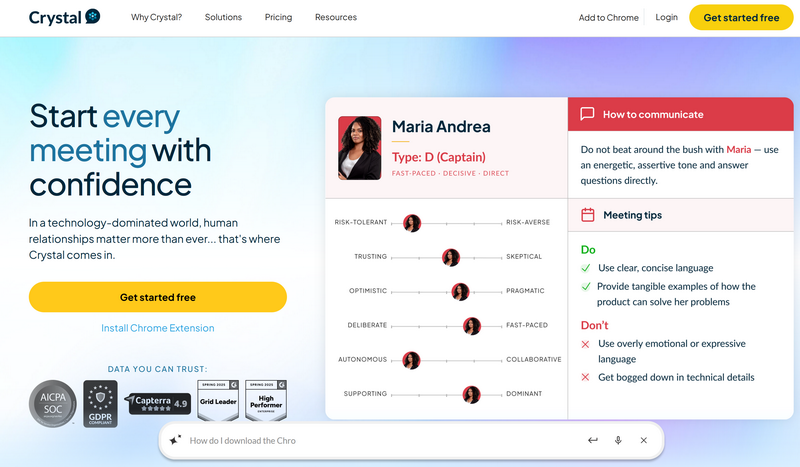
Crystal analyses public information to predict personality traits and communication preferences for enhanced professional interactions. This AI tool provides insights for effective communication with specific individuals based on digital footprints, improving sales conversations and team dynamics.
Sales professionals, recruiters, and managers working with diverse teams across cultures utilise Crystal’s AI for optimised communication strategies and improved professional networking outcomes.
Otter.ai – Advanced Transcription
Website: https://otter.ai/
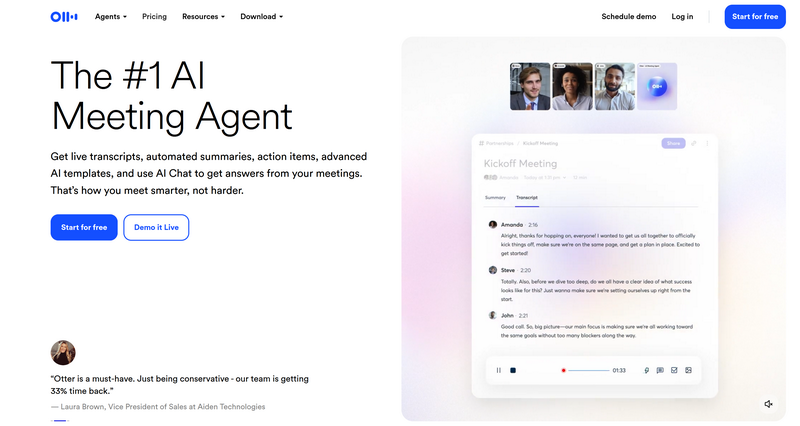
Otter.ai provides real-time transcription with speaker identification, keyword highlighting, and automated meeting summaries. Beyond simple speech-to-text, this AI understands meeting context, identifies action items, and creates searchable conversation archives.
Remote teams, journalists, students, and meeting-intensive professionals benefit from Otter.ai for comprehensive conversation capture and automated documentation that integrates with existing productivity workflows.
Technical AI Tools
AlphaFold – Protein Structure Prediction
Website: https://alphafold.ebi.ac.uk/
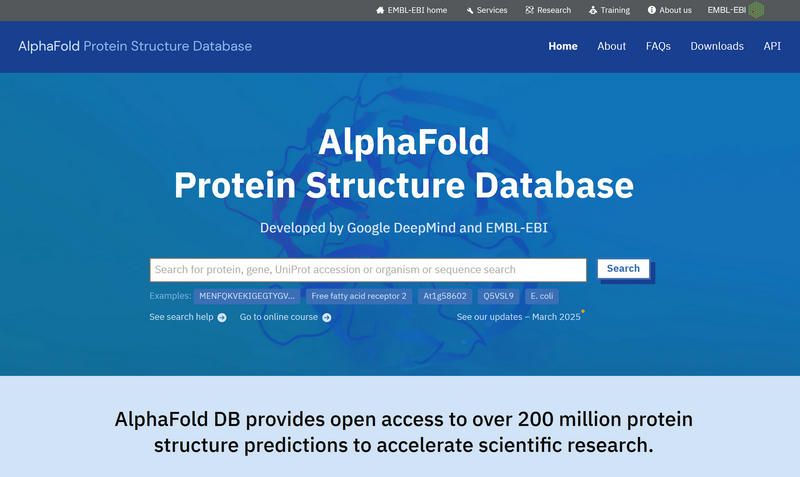
AlphaFold predicts 3D protein structures from amino acid sequences with remarkable accuracy, representing AI tools solving 50-year-old biological problems. This AI accelerates drug discovery, disease research, and fundamental understanding of biological processes.
Biochemists, pharmaceutical researchers, and bioinformatics specialists working on drug discovery utilise AlphaFold’s AI for protein engineering and therapeutic development that would be impossible through traditional experimental methods alone.
To understand AI’s transformative potential across industries, read about AI superintelligence predictions and their implications for specialized applications.
Climate AI – Environmental Prediction
Website: https://climate.ai/
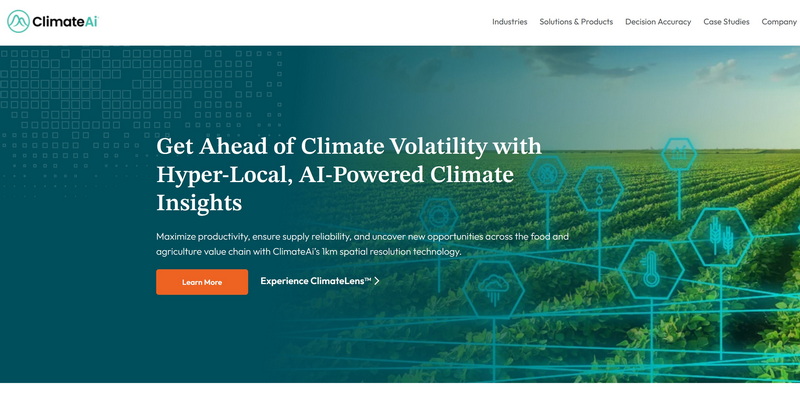
Climate AI provides hyperlocal climate risk assessments and adaptation strategies for specific locations and timeframes. This AI combines multiple climate models with geographical data for actionable insights about future climate risks.
Urban planners, agricultural businesses, insurance companies, and infrastructure investors rely on Climate AI for informed long-term planning and risk management in an uncertain climate future.
Kebotix – Materials Discovery
Website: https://www.kebotix.com/
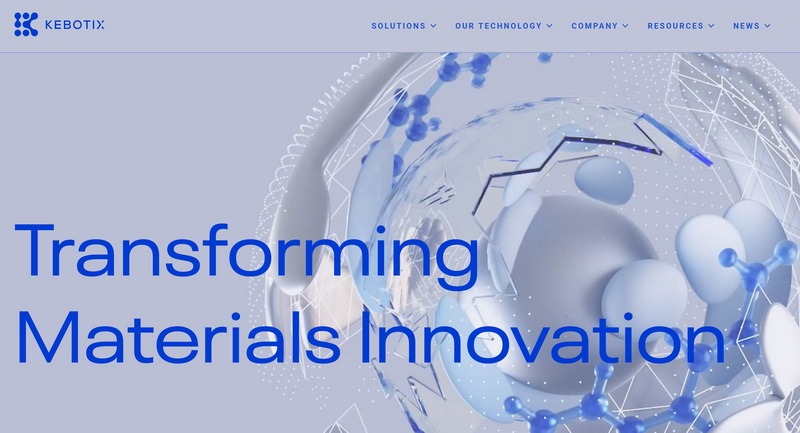
Kebotix uses specialised AI to discover and optimise new materials by predicting properties before laboratory synthesis. This AI accelerates materials discovery by computationally screening millions of compounds for desired properties like improved batteries or efficient solar cells.
Materials scientists, chemical engineers, and R&D teams in electronics, energy, and manufacturing sectors utilise Kebotix’s AI for rapid materials innovation and development cycles previously requiring years of experimentation.
Advanced Development AI
Benchling – Laboratory Intelligence
Website: https://www.benchling.com/
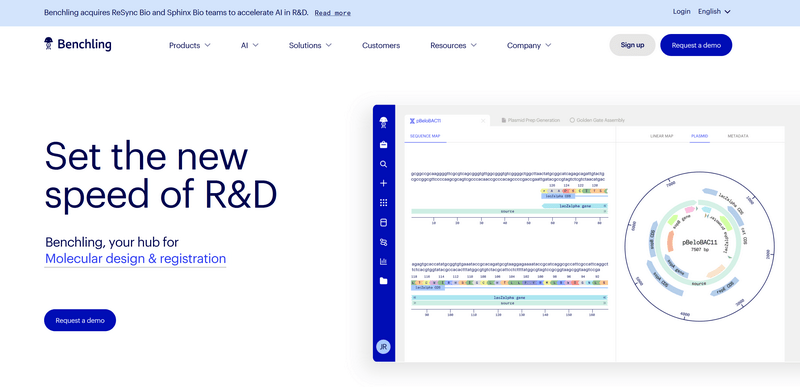
Benchling provides AI-powered laboratory information management with intelligent experiment design and data analysis. This AI understands biological experiment context, suggesting optimal conditions and predicting outcomes before costly laboratory work begins.
Biotechnology companies, pharmaceutical labs, and academic research groups utilise Benchling’s AI for systematic biological research with improved success rates and reduced experimental waste through intelligent planning and analysis.
Weights & Biases – ML Optimization
Website: https://wandb.ai/
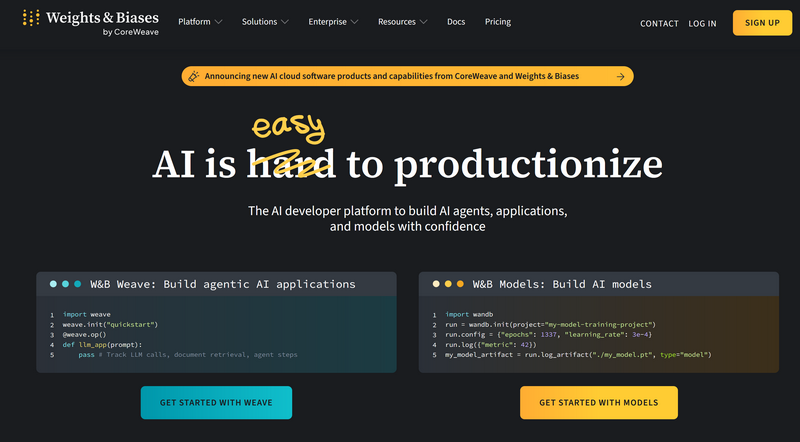
Weights & Biases tracks, visualises, and optimises machine learning experiments with automated hyperparameter tuning and model comparison. This AI manages thousands of ML experiments through automated performance tracking and reproducible research capabilities.
Machine learning engineers, data scientists, and AI researchers developing custom models rely on Weights & Biases’ tools for systematic model development and optimisation that ensures reproducible and efficient AI system creation.
Why Specialised AI Tools Matter
These tools demonstrate that AI’s future lies not only in general intelligence but in highly focused systems with deep domain understanding. Each tool leverages pattern recognition while incorporating expertise that general-purpose AI lacks.
Domain Expertise: Specialised AI are built by teams understanding specific field challenges, resulting in solutions integrating seamlessly into existing professional workflows and delivering targeted value.
Focused Training: Rather than attempting universal capability, specialised tools train on curated domain-specific datasets, achieving higher accuracy and more relevant outputs for particular professional applications.
Professional Integration: Specialised AI’s are design around actual work patterns, offering features and integrations unavailable in general AI tools, making them indispensable for specific professional contexts.
As AI evolution continues, expect more AI tools emerging across every professional domain, each combining deep expertise with AI capabilities for genuinely transformative value in their respective fields.
Additional Resources:
- AI-Enhanced Social Engineering Detection – Cybersecurity applications of AI
- Automated Penetration Testing with AI – Security-focused AI tools
- WSL AI Development Setup – Development environment for AI projects

